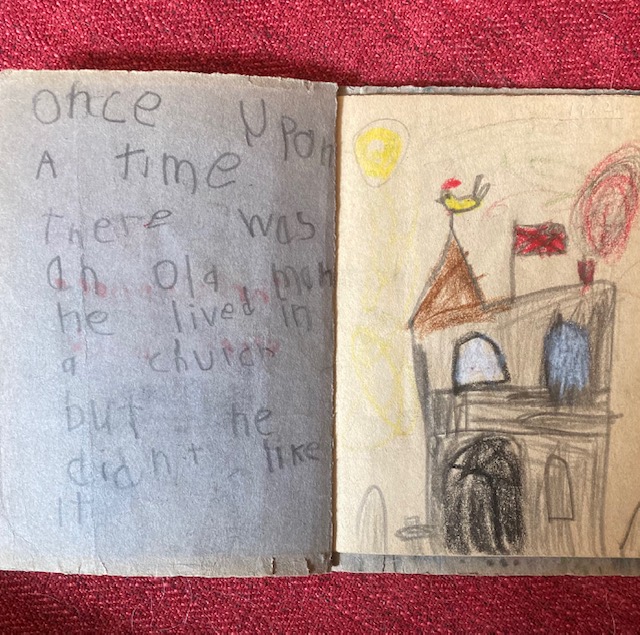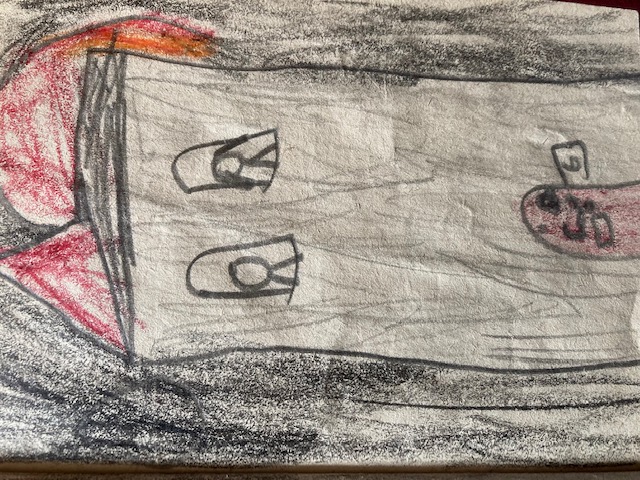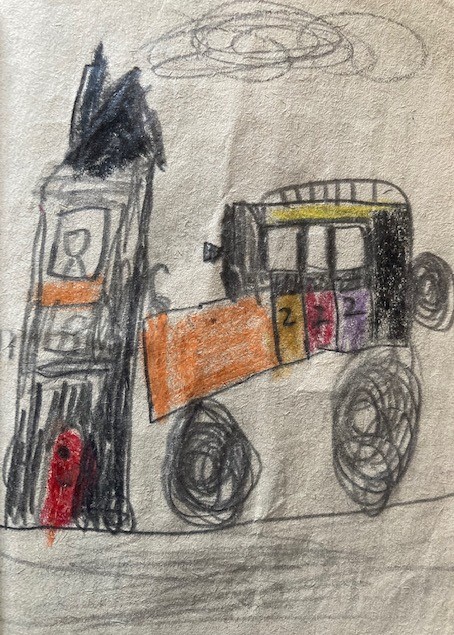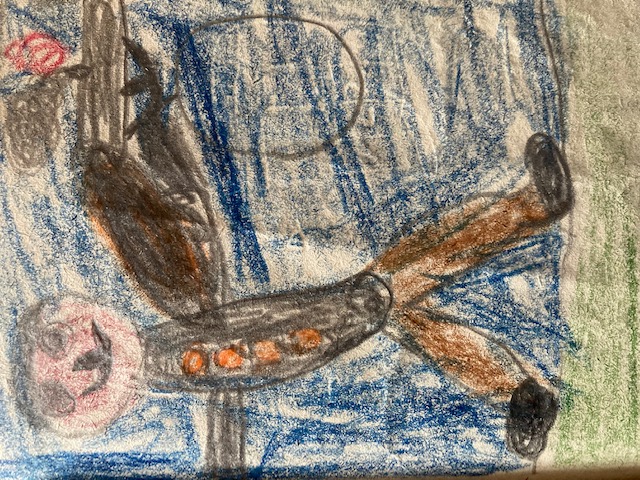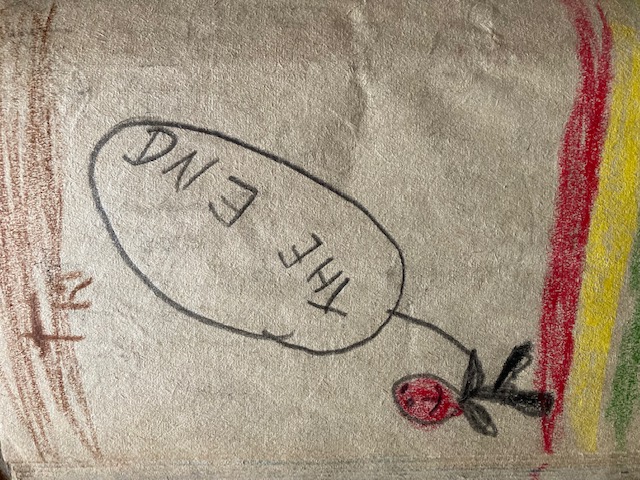[Soundtrack for this post: 5.15 by The Who.]
A short while ago, in a more than usually neurotic moment, I briefly persuaded myself that I might have lung cancer. (As far as I know I don’t.) This made me think of a time, over half a century ago, when I was 16. Our school had organised a lecture about the harm caused by smoking. The doctor who gave the talk had some bucket-like boxes on stage with him and at a certain point, he opened these up and, to our slight incredulity, took out a number of cancered lungs, flattened and encased in clear plastic, which he passed round for us to feel. The healthy parts of the lung felt soft and spongy, he pointed out, but the cancered parts were hard unyielding lumps.
We felt the lumps, and they were nasty, but we were unmoved. After the lecture was over, my friends and I headed off to one of our usual smoking spots to roll up moist, aromatic Old Holborn tobacco into unfiltered cigarettes, and draw in the rich, tarry smoke. I smoked so greedily back then that I often finished when my friends still had half a cigarette left, and tried to scrounge drags from theirs. If I smoked a manufactured cigarette, I would draw on it so hard (my poor lungs!) that the filter sometimes fell apart in my mouth.
Remembering this from the perspective of someone who thought he might have lung cancer, I felt briefly angry with my past self for his utter indifference to my well-being, but the feeling didn’t last. The thing is that, while I can remember being that 16-year-old, and still have that 16-year-old inside me – for better or worse, it was the most intense and vivid time of my life – the reverse is not the case. I was not inside him. He had no sense at all of his future self in fifty years time. Me, as I am now, was a complete stranger to him, far more so than, say, my grandfather, then just 7 years older than I am now.
In fact, never mind fifty years time, I had no sense of myself in five years time, no idea where I was going, let alone how I was going to get there, other than a vague sense of wanting to be a writer, or a rock star, or something of that kind, which I suppose represented the possibility of being able to continue to play, to hold onto some aspect of being a child.
All I really understood was the tiny universe of my school where I lived as a boarder, cut off from the rest of the world. The one imperative I felt was a need to draw a line between myself and the adult world, and the values and forms of authority that the adult world accepted. Even to think about my future in a constructive way would have been to do what the adult world wanted me to do, so that to attend to what the doctor said, and do something about my smoking, would have been a kind of surrender. To free myself from the past, I had also to deny my future.
That’s how it felt at the time, and even now I can enjoy in retrospect the feeling of defiance involved in rejecting prudence, forethought and common sense as so much boring, grey, bourgeois claptrap. Of course, I now also see the fear and desperation that lay behind this -and the timidity that actually controlled me – but it wasn’t just fear, it was a need to break free from a stale mold that others wanted me to fill, even if this meant casting myself naked into the world, and even if it meant doing myself harm.
